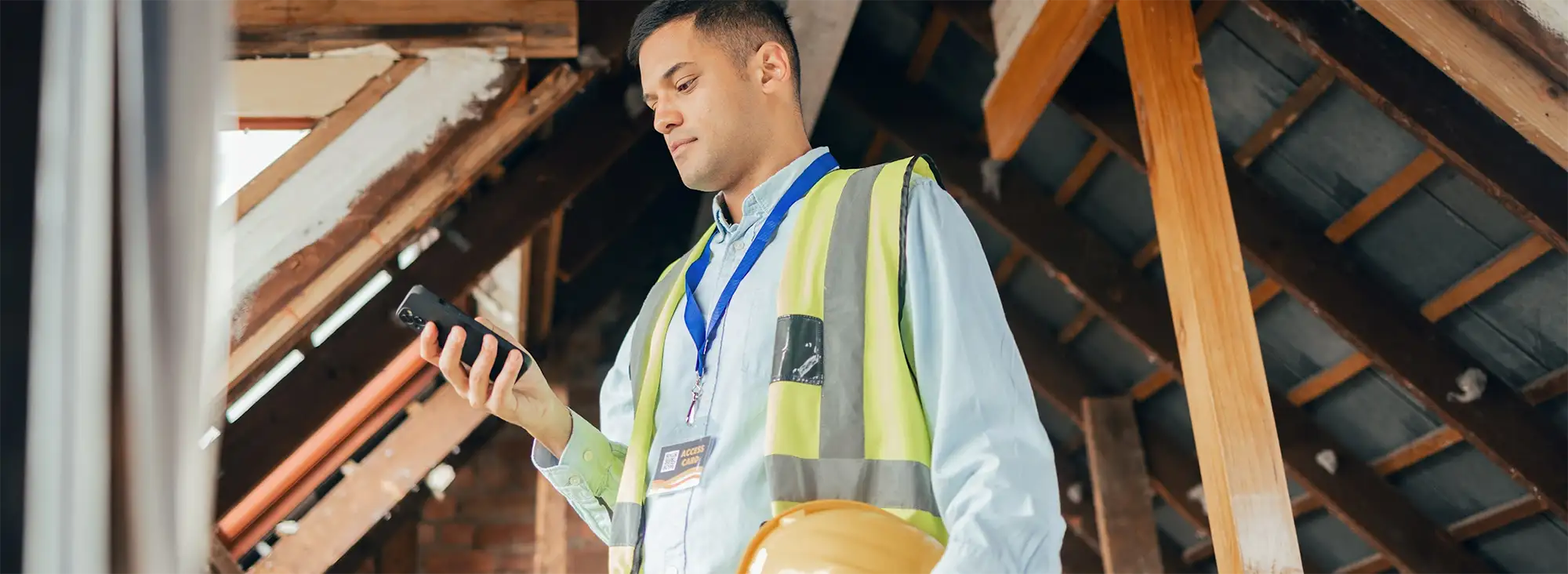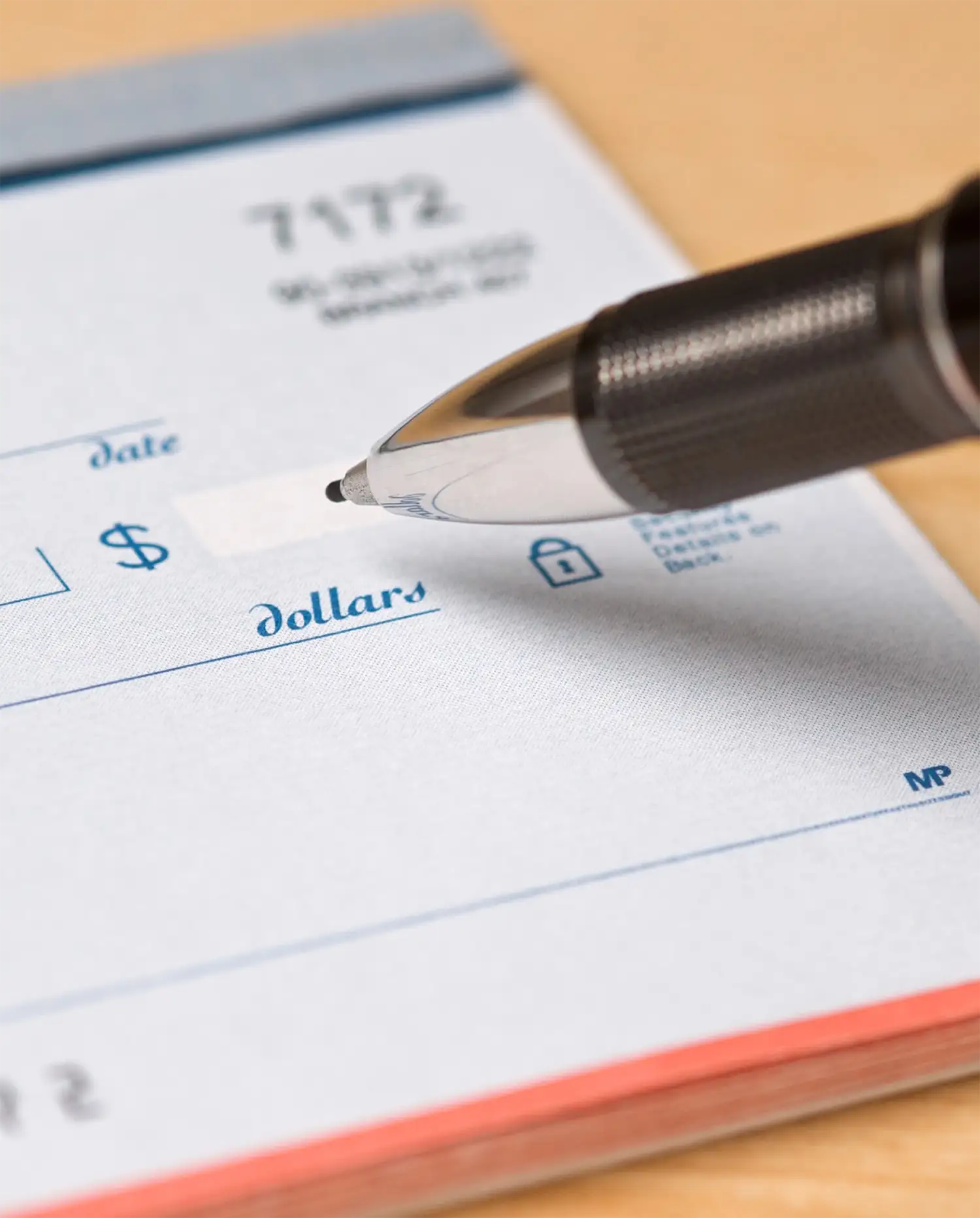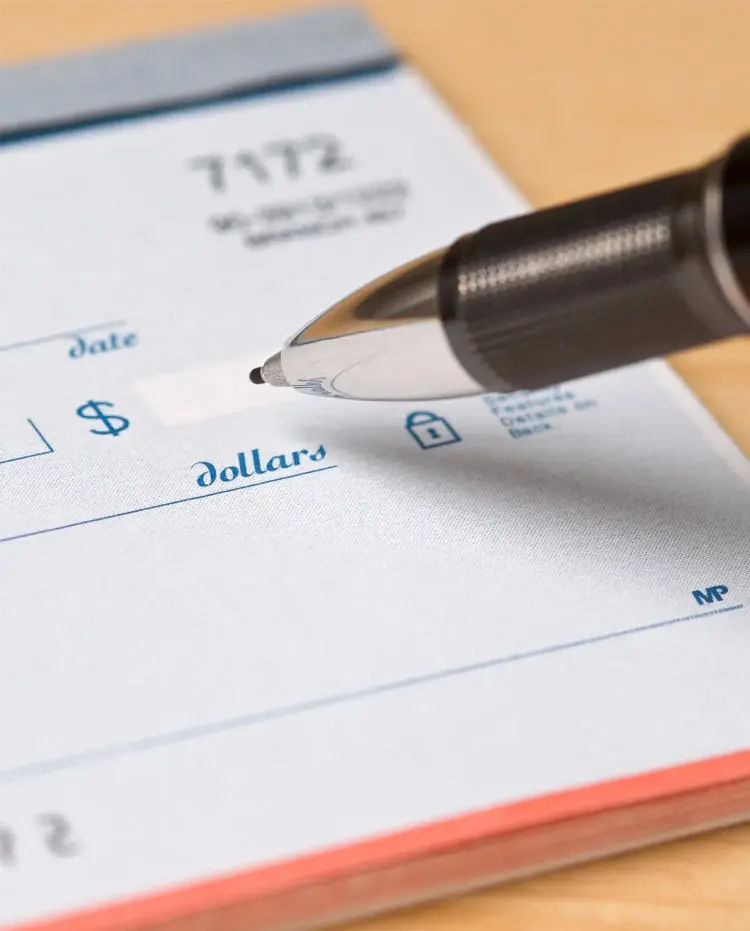
Weighing the Pros and Cons of Homeownership

Buying a home can be a great long-term investment. As you make your monthly mortgage payments, you're building equity—which is like savings you can tap into later. Plus, depending on your financial situation, you may be able to deduct mortgage interest and some property taxes on your income taxes.
In many cases, your mortgage payment might be close to what you're already paying in rent. But don't forget to factor in the extra costs of owning a home, like repairs and routine maintenance.
And of course, there are upfront costs like your down payment and closing fees. We'll cover those a little later.
Finding the Right Real Estate Agent
Having the right agent on your side can make all the difference. A buyer’s agent will represent your interests and help you find the best home within your budget.
Here's what to look for:
- Solid experience
- Knowledge of the local area and housing market
- Great reviews and a strong reputation
- A proven track record of successful closings
Want to keep it simple?
We can connect you with one of the trusted realtors from the Sirva Mortgage Preferred Broker Network.
Get Preapproved for Your Mortgage

Before you start touring homes, it's smart to get preapproved. A verified preapproval letter from Sirva Mortgage shows sellers that your income, assets, and credit have all been reviewed and approved by a lender.
This is much stronger than a simple “pre-qualification” letter, which is based only on self-reported info. In a competitive market, verified preapproval can help your offer stand out.
Planning for Your Down Payment and Closing Costs

Buying a home comes with upfront costs, including:
- Down payment - usually 3% to 20% of the purchase price, depending on the loan type
- Closing costs - typically 1% to 4% of the purchase price and may include:
- Appraisal and credit report fees
- Loan origination fees
- Title search and insurance
- Discount points (if applicable)
Good news: many buyers can get help with these costs. Depending on your situation, your seller might contribute to closing costs. You can also look into state or local programs that offer assistance.
And you don't need to figure this out alone—your Sirva Mortgage Consultant will walk you through your Loan Estimate and help you compare fees from different lenders. We'll also help you explore any benefits you might qualify for, including:
- Lender credits
- Relocation perks
- Real estate cash-back programs
- Grants or down payment assistance

A Quick Note on Down Payments
You don't need 20% down to buy a home!
- If you're a veteran, you might qualify for a VA loan with no down payment.
- FHA loans and Physician Loans offer options with as little as 3% down.
- Many programs also allow gifted funds from a relative—just be sure to discuss this with your Mortgage Consultant early on.
- Some buyers also use a retirement account loan or withdrawal, but this should be a last resort. Talk to your tax advisor and your Mortgage Consultant first.
Sirva Mortgage can also walk you through the Fannie Mae HomeReady® program, which offers a 3% down option, allows flexible co-borrowers, and accepts multiple income sources.
Don’t Skip the Home Inspection

A home inspection helps you make sure the property is in good condition before you finalize your purchase. Here's how it works:
- Your agent can help you find a reliable inspector
- Inspections usually cost $300 - $400
- If any issues pop up, you can negotiate repairs or credits before you close
Always make your purchase contingent on a satisfactory inspection—just in case.
Need More Help with Down Payment or Closing Costs?

If you need some extra help covering your upfront costs, don’t worry—you’ve got options! Fannie Mae’s HomeReady program allows for assistance from a variety of sources, including:
- Gifts from family
- Grants form nonprofits or employers
- Small personal loans
Our Mortgage team can help you explore every option available. Want to see if you qualify for assistance? Visit downpaymentresource.com/are-you-eligible


